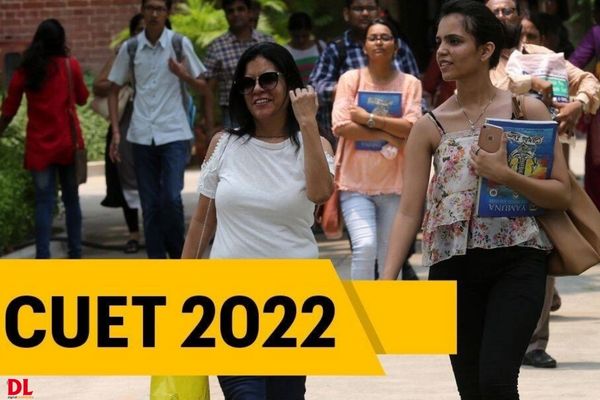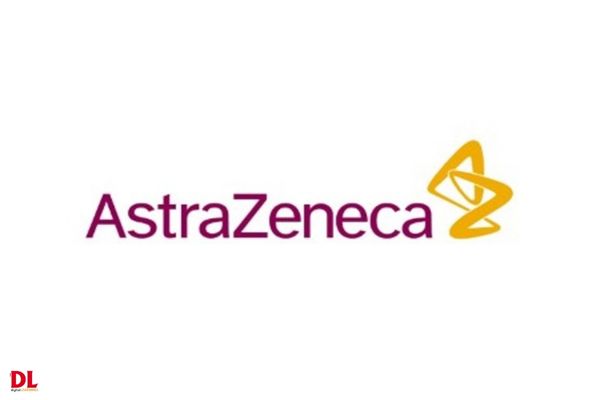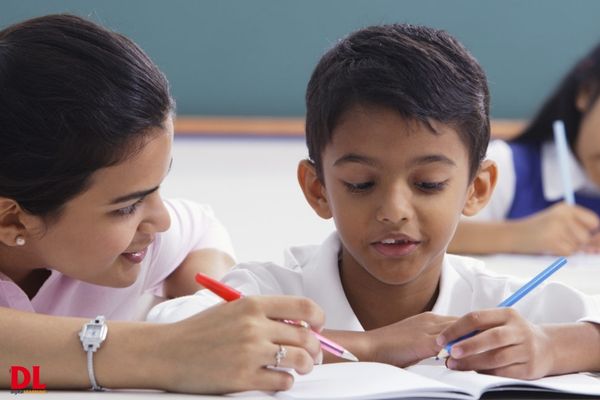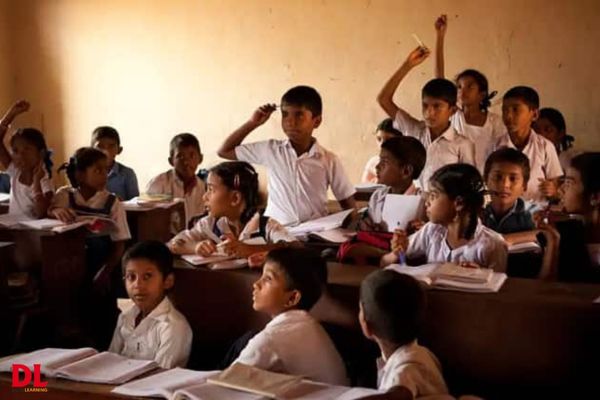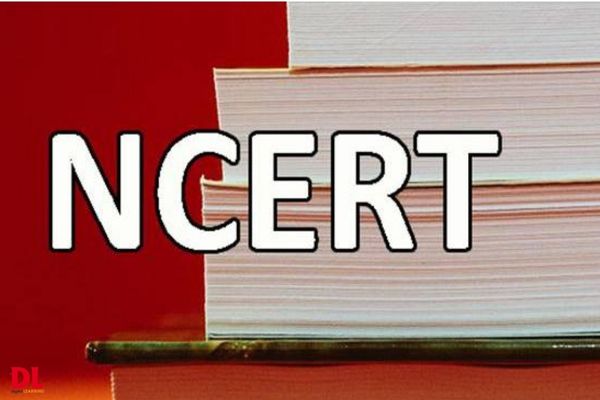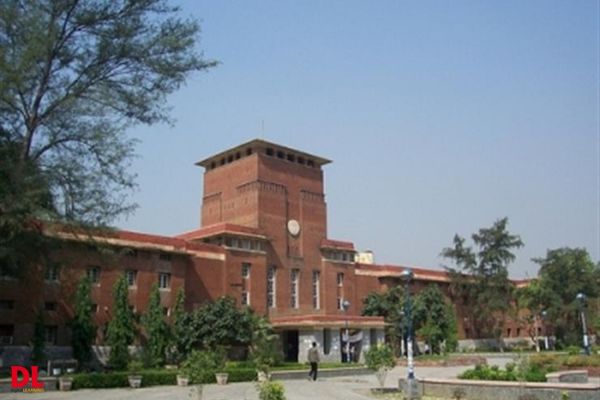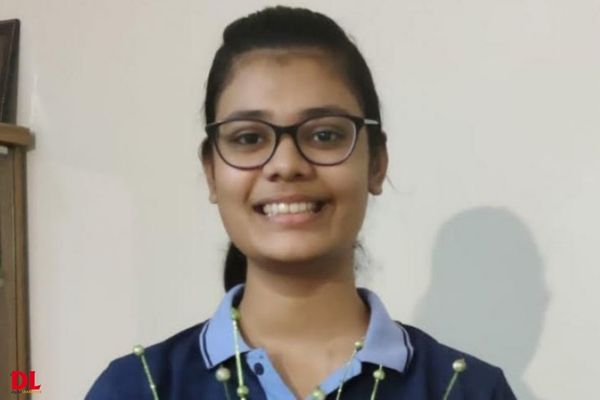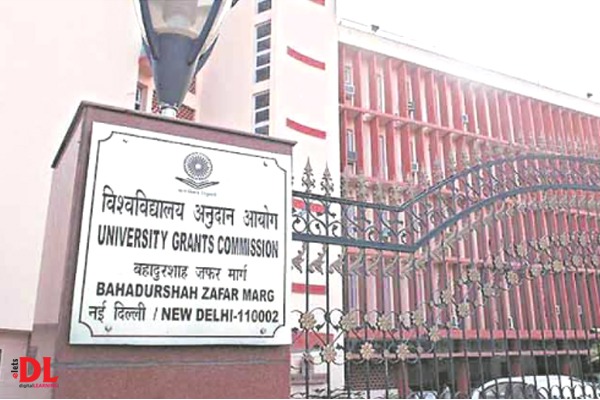The guidelines for “Early identification and intervention for mental health problems in school-going children and adolescents” have been released by the National Council of Educational Research and Training (NCERT) following a mental health survey among school children.
Setting up a mental health advisory panel, school-based mental health programme, and pedagogical support to ensure the mental well-being of students and engaging parents are among the guidelines issued by NCERT for schools.
According to the survey reports, results and peer pressure are among the major factors for stress and anxiety among school students.
The guidelines read, “Schools generally are seen as spaces where communities of learners have been expected to develop in a safe and secure environment. School management, principal, teachers, other staff, and students all spend around 1/3 of a day and around 220 days in a year in schools across the states and UTs in India. For residential schools, the time spent by a student in the school community is even more. Therefore, it is the school’s responsibility to ensure the safety, security, health, and well-being of all children in schools and hostels.”
According to the manual, every school or group of schools should establish a mental health advisory panel. It said, “It should be chaired by the principal and have teachers, parents, students and alumni as members. It will create awareness, and also plan and enforce an age and gender appropriate annual school mental health programme. The schools should have a provision for identifying behaviour, substance use and self-harm, depression, and developmental concerns, provide first aid and make appropriate referrals.”
NCERT has recommended that apart from families and parents, teachers need to be informed about early flag signs as they too are the primary caregivers, Noting that most of the time mental health issues emerge at an early stage of life as half of all mental health conditions emerge by the time individuals are 14 years old and three-quarters by the age of 25.
It said”Teachers must be trained in identifying early signs in students for attachment issues, separation anxiety, school refusal, communication issues, anxiety patterns, depressive states, conduct-related issues, excessive internet use, hyperactivity, intellectual disability, and learning disabilities.
The manual further said, “Teachers should talk about bullying cases in class and empower students by educating them regarding bullying. They should provide a confidential way for students to report any incident which is of concern to them.”






